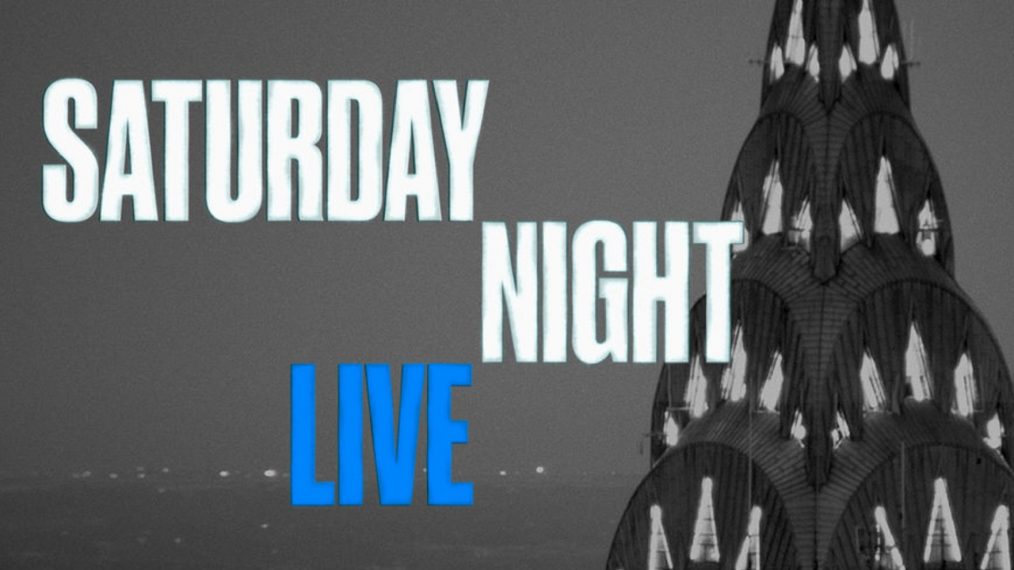Last week, “Saturday Night Live” fired cast member Shane Gillis just days after they announced that he would be a cast member for the upcoming season. Gillis, a stand-up comedian, was let go after a video of him making insensitive comments was dug up following his hire at SNL. The video, which is from a podcast Gillis participated in last year, catches the comic saying multiple ethnic slurs as well as disparaging comments toward the developmentally disabled.
Gillis offered a statement on Twitter following his release from the show. While he did not offer an apology, he did say that he understood his participation in the show “would be too much of a distraction.” The move by Saturday Night Live has ignited a debate about whether an artist should be forced to pay for comments they made in the past, regardless of whether their current work contains the same language.
This incident is not the first time a comedian has lost a high profile job because of past insensitivity. Kevin Hart resigned from hosting the 2019 Oscars amid criticism of some earlier jokes where he claimed he would try to prevent his son from being gay.
Many high profile people have defended SNL for firing Gillis, but the louder voices have come from the other side. Comedians, including Bill Burr and Jim Jefferries, have said that this puts comedians at risk of not being able to perform to their true potential, as they will be constantly worried that something they say will be taken as offensive. They also criticized the hypocrisy of SNL, which throughout its history has produced many controversial sketches that make fun of various ethnic groups and the disabled.
Everyone is in agreement that the comments Gillis made went too far, but few agree on what should be done about it. In recent months there has been a pushback against “cancel culture” and political correctness, as many feel that it is actually a threat to comedy and free speech. Burr and fellow stand-up Dave Chappelle have both released comedy specials that attack PC culture and the media’s ability to cancel someone for old jokes.
One of the main criticisms of SNL for this move has been that they only did it because of pressure from outside sources, not because they felt it was the best course of action. Although there is no way to know if this is true, it would make sense that a popular show that relies on ratings and advertising would be best served by avoiding controversy. This certainly isn’t the end of the debate, and it will be interesting to see how incidents like these are handled in the future.



